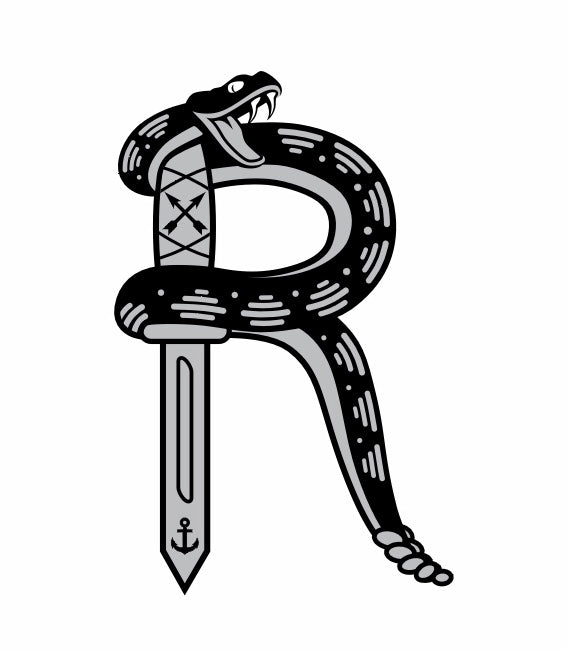Knife Making Classes
Option 1: Stock Removal.
In this option you will start day 1 with a blank piece of steel. You will design a blade, or use one of our designs, and begin to shape that blade from your stock. Once you have a rough shape you will refine it using belt grinders all by hand. Next we will heat treat and temper the blade. Day 2 will consist of grinding the bevels and flattening your blade to its final thickness. You'll pick out your handle material from our massive selection of options to include exotic woods, composites, and natural materials like antler and bone. Day 2 will conclude with you shaping and attaching your handles, as well as, finishing and sharpening your masterpiece under the watchful eye of our experts.
Option 2: Forging
In this 3 day class you will lean about the intricacies involved in forging, using both hand and power tools this class is very physically demanding yet just as rewarding. this course covers the art of moving steel and proper heat treating and tempering, verified by our Rockwell hardness tester.
Option 3: Damascus Forging
This course is a four day class that encompasses a lot of the same processes of the forging class but is a lot more involved with forge welding and cutting and re-forge welding. it is very time and labor intensive. The reward of seeing a one of a kind masterpiece come alive is so exciting and rewarding.
Come build a functional piece of art that you can pass down for generations. There are multiple options for all skill levels and interests.
Knife building is a specialized craft that combines artistry with practical skills, allowing individuals to create functional tools tailored to their specific needs. Engaging in knife building classes offers participants the opportunity to learn the intricacies of this craft, from selecting the right materials to mastering the techniques required for assembly and finishing.
In a typical knife building class, participants can expect to cover several key areas. First, the selection of materials is crucial. High-quality steel is often chosen for the blade, with options such as carbon steel and stainless steel each offering distinct advantages. For example, carbon steel is known for its sharpness and ease of sharpening, while stainless steel provides enhanced corrosion resistance. Understanding the properties of these materials is essential for crafting a durable and effective knife.
Next, participants will learn about the various components of a knife, including the blade, handle, and tang. The blade's geometry, which includes factors such as thickness and grind type, significantly influences the knife's performance. For instance, a flat grind may be ideal for slicing, while a hollow grind can enhance cutting efficiency. The handle must also be ergonomically designed to ensure comfort and control during use, with materials ranging from wood to synthetic composites.
Throughout the class, participants will gain hands-on experience in shaping and assembling their knives. This process typically involves forging or stock removal techniques, followed by heat treatment to enhance the blade's hardness and durability. Our heat-treating process ensures the best performance and durability for your blade, significantly improving its edge retention.
Finishing techniques are also a critical component of knife building. Participants will learn about polishing, etching, and applying protective coatings to enhance both the aesthetic appeal and longevity of the knife. A well-finished knife not only performs better but also reflects the craftsmanship and dedication of its maker.
Knife building classes are not only educational but also foster a sense of community among participants. Engaging with fellow enthusiasts allows for the exchange of ideas and techniques, further enriching the learning experience. Additionally, these classes often emphasize safety protocols, ensuring that all participants are equipped with the knowledge to handle tools and materials responsibly.
In conclusion, knife building classes provide a comprehensive introduction to the art and science of knife making. By understanding the materials, techniques, and safety measures involved, participants can develop their skills and create high-quality knives that reflect their personal style and functional requirements. Whether for personal use or as a potential business venture, the knowledge gained from these classes can be invaluable in the world of craftsmanship.



